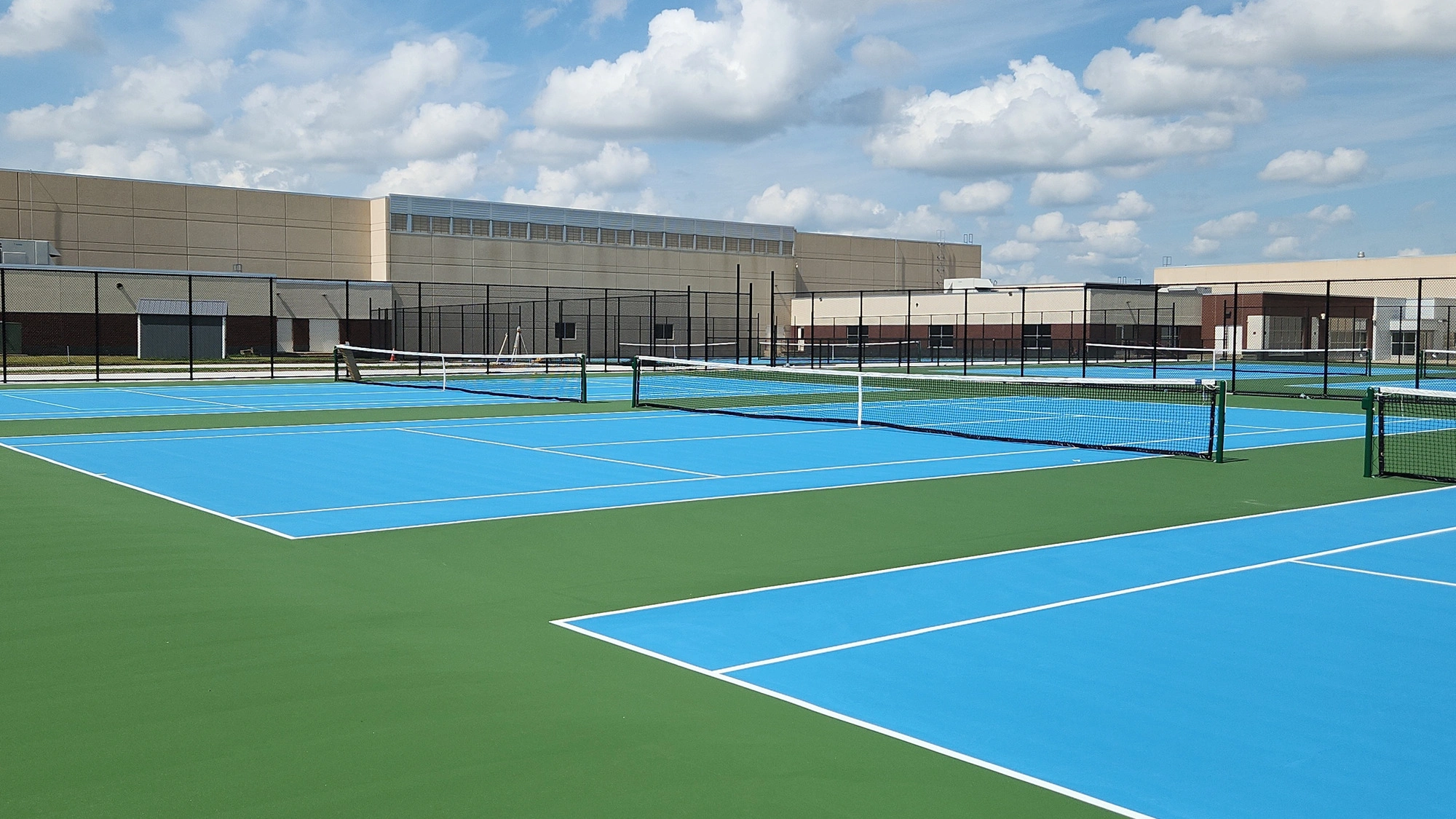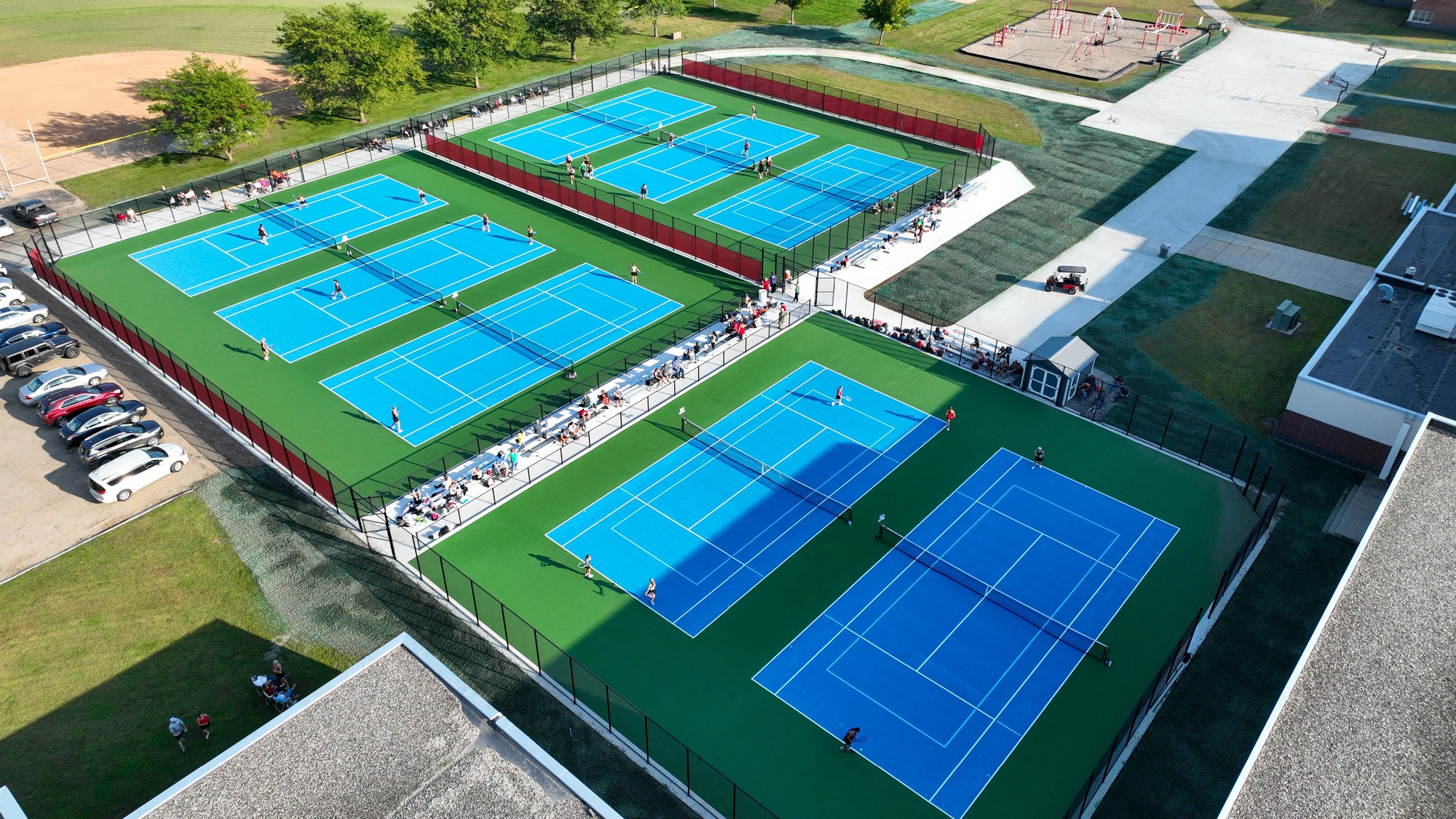Sustainable Industrial Refrigeration Systems for Maximized Efficiencies
In industrial refrigeration applications, efficiency, design, and sustainability are important considerations for system improvements, facility remodels, and new construction.
Innovative new designs and transitioning to low-impact, natural refrigerant materials is proving to be beneficial to businesses and the environment. This is seen as refrigerants are becoming more cost-effective to manufacture and more efficient than traditional methods–translating to cost savings that also support improved environmental impacts. Continued technological improvements will result in more energy efficient methods, by using these more natural and sustainable sources of refrigerant.
Natural Refrigerants Replace Synthetics
Synthetic refrigerants including Chlorofluorocarbons (CFCs) and Hydrochlorofluorocarbons (HCFCs) served industrial refrigeration applications for many years. Today, natural refrigerants such as carbon dioxide, ammonia, and even air and water mixtures are growing in popularity as industries seek to minimize environmental impacts. While natural refrigerants bring their own unique characteristics, the environmental impact of these refrigerants makes them preferable in comparison to synthetic alternatives.
Most natural compounds have also been proven to have higher efficiency, helping to decrease the overall carbon footprint in production. Furthermore, their production is far simpler than synthetic refrigerants. This translates to a lower cost of refrigerant and reduced operating costs. Paired with operational improvements, in comparison to synthetic refrigerants, switching to natural options may lead to a reduction in overhead costs.
Operational and System Improvements Lead to Cost Benefits
Operational improvements can result in lower energy use to run refrigeration systems, drive compressors, pumps, and fans, and also lowers overall energy demand for communities. Proper operation and maintenance of refrigeration systems can lower energy costs by as much as 25%. Automatic doors, timing defrost cycles, cleaning coils, maintaining seals, and optimizing production and worker flow are all targeted approaches to reduce the energy required to maintain temperatures in refrigerated spaces.
Continual Improvement Through Technological Advances
ISG seeks to provide efficient and sustainable solutions for our partners. As an in-house, multi-disciplinary firm, our mission is to simplify facility designs through a holistic approach that fosters short-term return on investments with long-term growth in-mind. In large-scale refrigeration applications, this includes ensuring that all systems are safe, efficient, and reliable. Through researching and understanding innovative technological advances, we continually seek ways to develop and improve facilities that support the business goals of our partners.

Related Articles


The Future of Southern Minnesota Lakes Conference Returns To Inspire Action on Lake Planning, Preservation, and Restoration
ISG is bringing back The Future of Southern Minnesota Lakes Conference for its fourth year from March 6–7, 2026 creating space for lake association members, environmental professionals, and community leaders dedicated to preserving and restoring Southern Minnesota lakes.

.webp)
ISG Recognized as a 2025–26 Emerging Professional Friendly Firm for the Fourth Consecutive Cycle
ISG has been honored as a 2025–26 Emerging Professional Friendly Firm by AIA chapters in North Dakota, South Dakota, Wisconsin, and Minnesota in recognition of its commitment to fair compensation, licensure support, mentorship, and growth for early-career architects.



_webfull.webp)
.webp)





